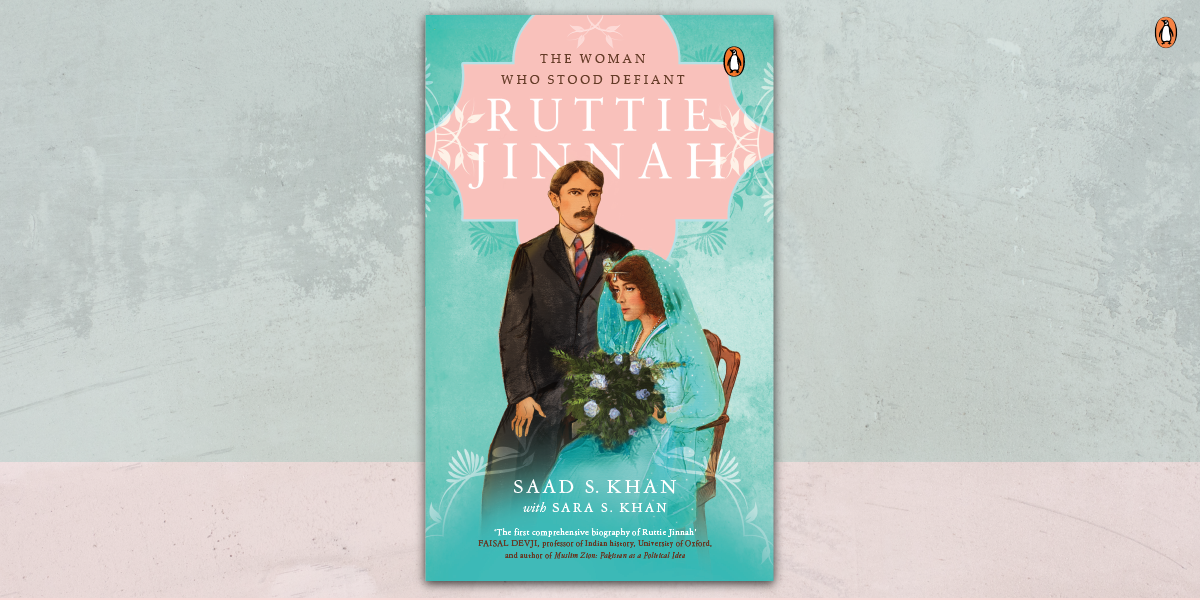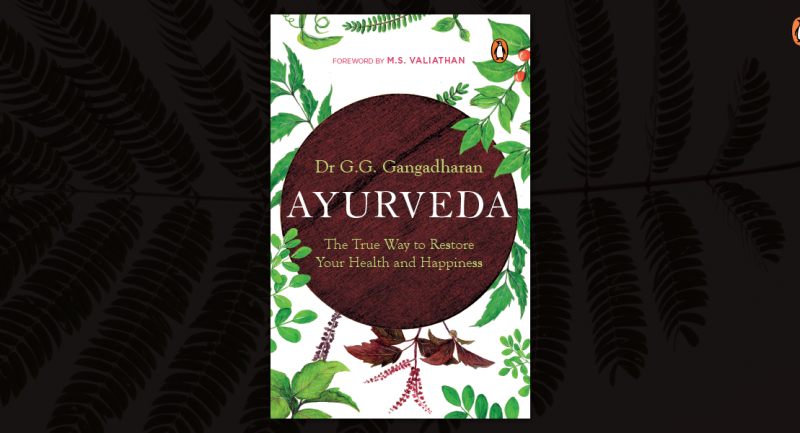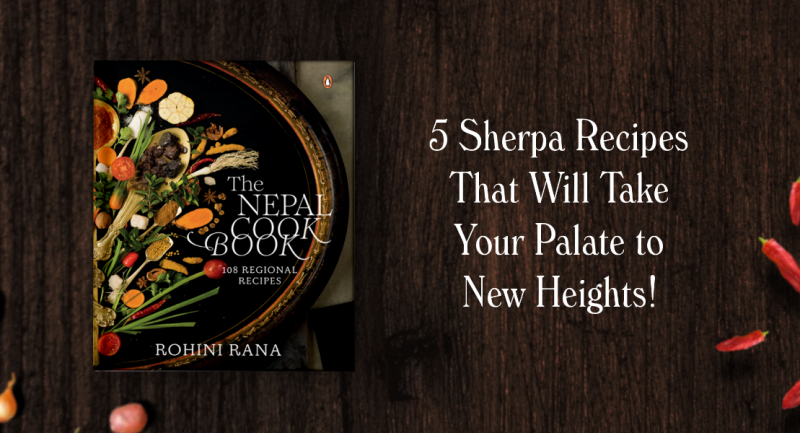
Mohammad Ali Jinnah’s wife, Ruttie Jinnah was a fierce nationalise in her own right, and a proactive political companion to her husband. According to Jinnah’s contemporary political leader Sarojini Naidu, Ruttie was the only one with whom he could truly be himself. Despite her undisputed influence on him, she remains an understudied figure in history.
Here is an excerpt from the introduction of Saad S. Khan’s biography, Ruttie Jinnah, titled The Enigma of Mrs Jinnah.
Eqbal Ahmad, a great South Asian intellectual, once described Jinnah as an ‘enigma’ of modern history. Jinnah’s aristocratic Victorian manners, English lifestyle and secular outlook rendered him a most unlikely leader of Indian Muslims to have led the people to separate statehood.8 However, any keen observer of South Asian history and the politics of Pakistan may find Mrs Jinnah a greater ‘enigma’ than her husband. Sharing the same manners, the same lifestyle and the same outlook that Ahmad uses to describe Jinnah, she was the unlikeliest of candidates to have had a revolutionary, anti-British spirit, the intrepidity to face her family and community upon conversion to Islam, and her rising to become the first lady of the Indian Muslim community in such a conservative era when most Muslim women were wearing face veils.
As the historians study and explore Jinnah’s personality in the thousands of books and titles on him, we come to know him so well that he hardly remains an enigma any longer. Mrs Jinnah, however, has remained one—first, owing to her behind-the-curtains role in the rise of Jinnah and factors that led to the genesis of Pakistan. This should have made her one of the most studied historical figures by and within Pakistan, at least. To the contrary, however—and this brings us to the second reason she is an enigma—she suffered (to borrow the term from the scholar Akbar S. Ahmed) a complete ‘blackout’ from history.
Here, we look at both these conundrums: her influence on Pakistan and her redaction from history.
Influence on Jinnah and Thereby on the Creation of Pakistan
The first mystery about Mrs Jinnah is around her role in moulding her husband from a staunch all-India nationalist to a believer in the two-nation theory. It is well known that their courtship blossomed from 1916, when she proposed to him in Darjeeling. It was the same year that Jinnah got catapulted to national centre stage by becoming the architect and the author of the Lucknow Pact (also known as the Jinnah–Tilak Pact). It prompted Sarojini Naidu to label him as the ambassador of Hindu-Muslim unity. Despite strong opposition from her father, Ruttie came to Lucknow to see Jinnah bask in glory on the Indian political skyline.
The couple got married in 1918. After that there was hardly any major political or legislative engagement of Jinnah for which Ruttie was not by his side, till she left for Europe during her terminal illness in 1928. She died the following year. It was precisely that year, in 1929, that Jinnah propounded his Fourteen Points, effectively laying claim to a separate nation for the Muslims. These demands were to coalesce into one—for separate statehood—within a decade. Though Mrs Jinnah cannot be considered the sole reason for this metamorphosis, the exact coincidence of years, which is hard to miss, cannot be purely incidental. Living together and discussing politics for hours every day, it is hard to believe that Ruttie’s influence on Jinnah’s sea change in outlook was nil.
The argument that Mrs Jinnah was one of the factors that led to Jinnah’s becoming a bi-nationalist instead of the nationalist that he was, is subscribed by more or less all serious studies of Jinnah’s early political life. Akbar S. Ahmed,10 M.C. Chagla,11 Kanji Dwarkadas,12 Sheela Reddy13 and Ian Bryant Wells14 among others count Mrs Jinnah’s life—or death—as one of the factors that contributed to the change in Jinnah’s political philosophy, which led to the creation of Pakistan.
They disagree, however, on the extent of this influence, on what exactly caused it (for instance, Mrs Jinnah’s life or her death) and how. The present volume will uncover this backstage role of Mrs Jinnah, which will also help us grasp various hitherto underappreciated angles of Jinnah’s personality and decisions.
Her Blackout from History
Mohammad Ali Jinnah, better known in Pakistan as Quaid-e-Azam, was the founding father of Pakistan and is highly venerated in the country. Countless roads, towns, streets, institutions and projects are named after him. Those who profess their love for him show him a discourtesy by forgetting his first and last love, Rattanbai Maryam Jinnah. It is indeed a pity that the lady went missing from history and Pakistan’s collective memory. Both her role as comrade-in-arms of Jinnah, and her contribution to the freedom struggle in her own right are equally underexplored areas in the historiography of Pakistan.
Akbar S. Ahmed notes that Ruttie (and Dina) have ‘both been blacked out from history [in Pakistan]’. He argues, ‘Nonetheless, it is through a study of his family that we see the man [Jinnah] and understand him more than at any other point in his life because that is when he exposes his inner feelings to us.’15 Who caused this blackout and why? Who were the figures or what were the factors that led to the obliteration of Mrs Jinnah from collective memory?
Apparently, her direct descendants in post-Partition India and her in-laws in post-Independence Pakistan, for reasons that might not mirror each other, may have developed an interest in keeping Mrs Jinnah’s persona concealed from history. These include her parental family’s revulsion to her conversion, personal dislikes and jealousies by some on her in-laws’ side and simple lust for the Jinnahs’ inheritance in property from yet others living on both sides of the Radcliffe Line. The litigation for Jinnah’s property still continues a century down the road.
Saad S. Khan’s vivid biography, Ruttie Jinnah, provides an incisive look into Ruttie’s life and legacy, bringing forth a novel and fresh understanding of Jinnah and the freedom movement.









